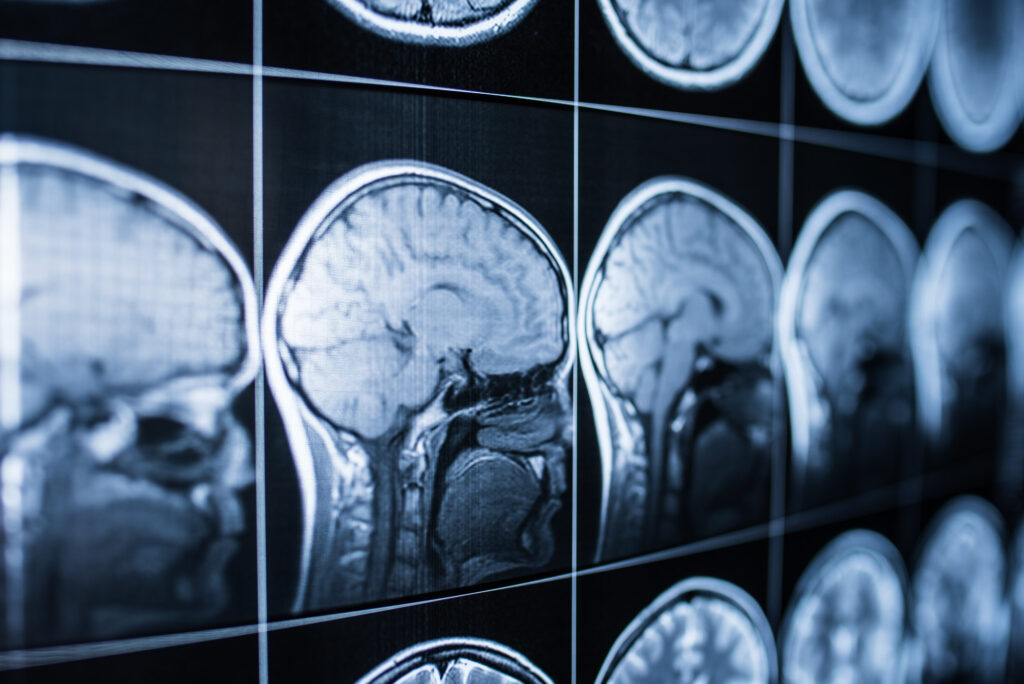
In 2020 alone, the U.S. recorded 55.4 million injuries from car accidents, which accounted for $1,158.4 billion in treatment and recovery costs. These stats confirm that despite the major improvements in the vehicle safety sector, car accidents continue to cause injuries and fatalities in the country. Injuries sustained from the crash vary from severe to minor and can even be fatal. It’s also common for the car accident victim not to feel the full impact of the injuries immediately after the incident. In this case, predicting the car accident injury symptoms is difficult.
Common symptoms that are apparent after a gruesome car accident include headaches, pain, and bruises. Injuries such as soft tissue damage and concussion take some time to manifest themselves. Either way, here’s a breakdown of common symptoms you may experience after a violent car crash.
Headaches
Depending on the injury, you may experience a headache immediately after a car crash or later. The headache can be persistent and painful, but it can go away with medical intervention.
Common types of headaches associated with car accidents include post-traumatic headaches and concussion headaches. You may develop a post-traumatic headache when the crash results in trauma to your neck or head. Consequently, a concussion headache can be brought by a violent blow to the head.
Neck and Shoulder Pain
Your neck and shoulder are among the body parts at great risk of injury during a vehicle accident. Expect to feel pain around your neck after sustaining a whiplash injury, disc injury, spinal cord injury, vertebral fracture, or sprains and strains. Each of these injuries may also cause temporary or permanent disability, depending on the extent of the damage.
Shoulder pain can occur when the crash propels your body into a hard object. It is a symptom of injuries such as rotator cuff tear, dislocated shoulder, and rotator cuff tendonitis. Besides pain, these injuries also cause a decreased range of motion and instability.
Back Pain
You may develop back pain after a car accident due to the force the crash places on your spine. The pain could be more intense if you were confined to a limited space, which inhibits movement.
Back pain from a violent crash may be felt on the lower back, upper back, or neck. Each section of your back and surrounding bones has nerves, ligaments, tendons, muscles, and discs. A severe or minor injury to any of these parts may result in different degrees of pain.
Nausea and Abdominal Pain
Whether due to the shock and stress of the crash, nausea is common after a vehicle accident. Symptoms such as disorientation, dizziness, neck pain, and headaches may accompany it. Also, you may experience sudden pain relief after giving in to nausea and vomiting.
On the other hand, abdominal pain after a car crash may suggest internal bleeding or injury. It may stem from a soft tissue injury requiring emergency medical attention. Other causes include internal aggravation, organ rupture/damage, and blood vessel damage.
Bruising and Contusions
Bruises tend to occur when you bleed, or blood gathers under the skin due to trauma. They can present as a purple, a blue, or a black patch that gradually turns green and yellow as you recover. Bruising is a sign of damaged blood capillaries and vessels underneath the skin.
Contusions are a severe form of bruising that develops on the skin along with pain, tenderness, and swelling. Some may heal on their own, while others require urgent medical intervention.
Numbness or Tingling Sensations
Numbness or tingling sensations after a car accident suggest that you have sustained nerve damage. While they are quite bothersome, they tend to go away after a short while. However, if the crash was intense, these symptoms may be episodic or chronic to reflect the serious injury sustained.
Seek medical care if you experience these symptoms, along with muscle twitching, muscle weakness, and reduced/increased skin sensitivity. You should also do the same if you develop paralysis on the leg, toes, arm, or hand or feel sharp, radiating pain in the back or neck.
Mood, Behavior, Eating, and Sleeping Changes
Cortisol levels in the body increase after experiencing a traumatic car accident. The stress hormone is usually triggered by a heightened state of fear or panic. It is often accompanied by mental health conditions such as withdrawal, mood swings, depression, and high stress and anxiety levels.
You may also develop disrupted sleep patterns, eating disorders, and new phobias. You can contain some of these symptoms with self-care practices such as meditation and yoga, while others need expert help.
Dizziness and Visual Issues
Head trauma after an accident can cause dizziness and vertigo. Dizziness is a sensation of feeling unsteady, weak, or faint. It makes it difficult to walk, work or drive.
You may also experience visual impairment after a vehicle accident. The impairment may present as difficulty focusing your vision, double vision, and vision fluctuations. It usually suggests trauma to the eyes.
Tinnitus and Hearing Problems
If you develop tinnitus after a car accident, you may perceive strange noises, such as ringing in the ears. The strange noises may include humming, hissing, whistling, clicking, or buzzing. Their pitch may range from low to high, depending on the cause of tinnitus.
Hearing problems after a car crash may stem from ear trauma. For instance, if an airbag deploys as a response to the crash, it may cause fracture or rupture to the tiny ear bones.
Cognitive Problems
Cognitive problems after a violent crash may include difficulty with attention, concentration, perception, and communication. Others include memory loss, difficulty with sequencing and judgment, and deteriorated writing skills.
Due to their complex nature, cognitive issues require a professional to diagnose and treat. They may go away with proper treatment or persist for a lifetime.
Need Help Getting Compensation for Car Accident Injury Symptoms?
Dealing with car accident injury symptoms is quite frustrating. It may take a while or even be impossible for you to return to your normal life. Either way, getting professional medical help when these symptoms present may help treat or reduce their impact.
Golden State Accident Lawyers understand that it is unjust to face the consequences of someone else’s negligent actions. You can talk to us about your injuries and legal options after a car crash. Get started by scheduling a free consultation with our car accident law firm today.


